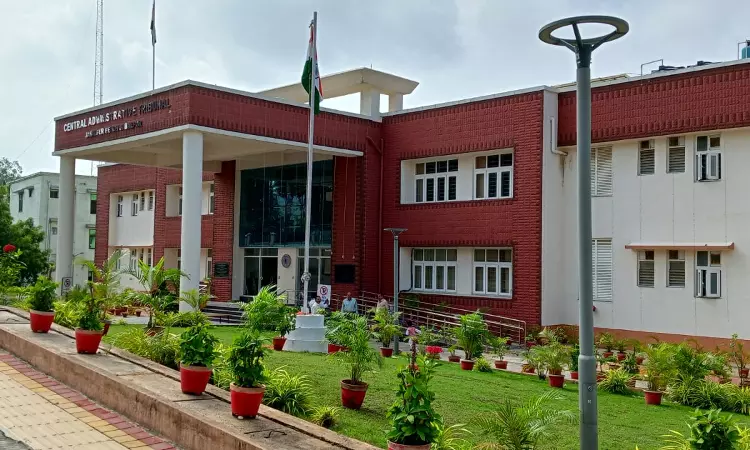Departmental Proceedings And Proceedings In Criminal Case Can Proceed Simultaneously: CAT Jabalpur
Rajesh Kumar
5 May 2024 5:15 PM IST

Next Story
5 May 2024 5:15 PM IST
The Central Administrative Tribunal, Jabalpur bench of Justice Akhil Kumar Srivastava (Judicial Member) and Kumar Rajesh Chandra (Administrative Member) held that departmental proceedings and proceedings in criminal case can proceed simultaneously, as there is no bar in their being conducted simultaneously, though separately. It held that the purpose of departmental enquiry and...
